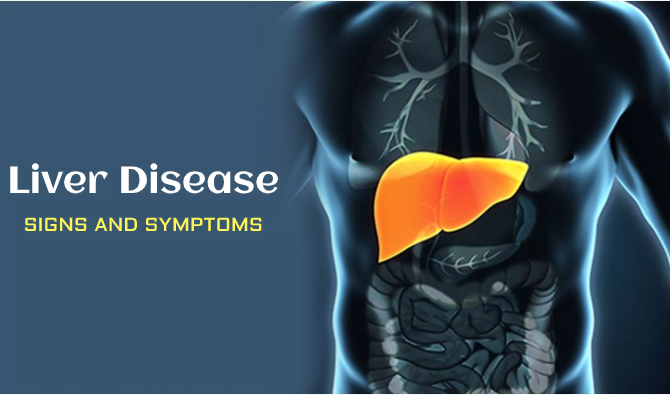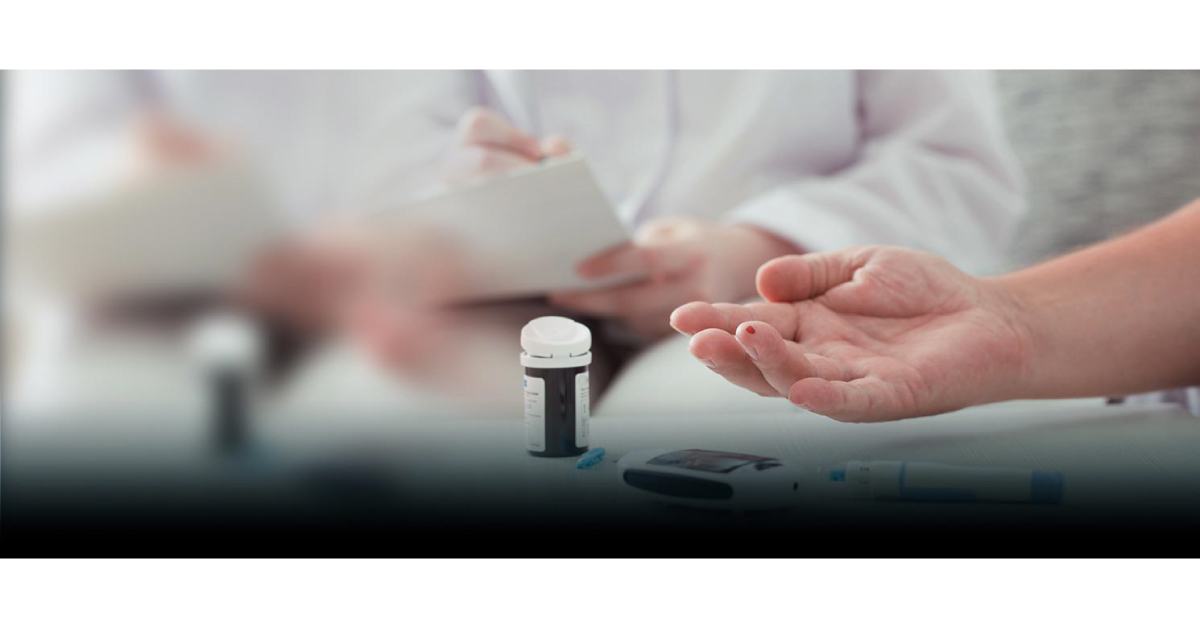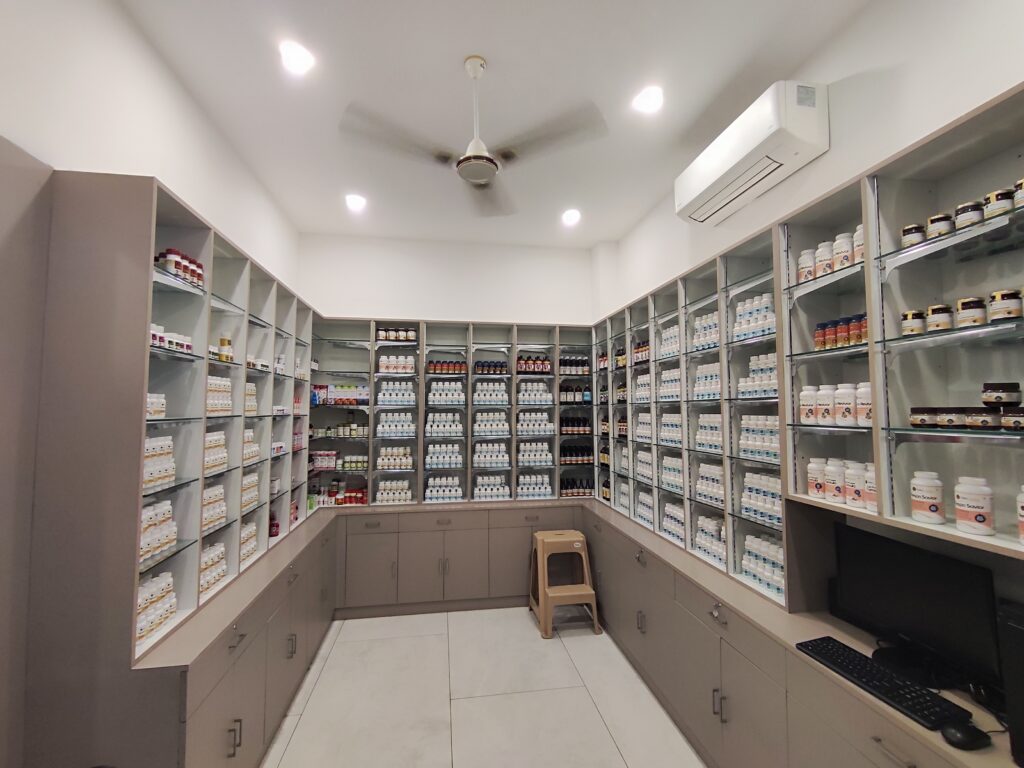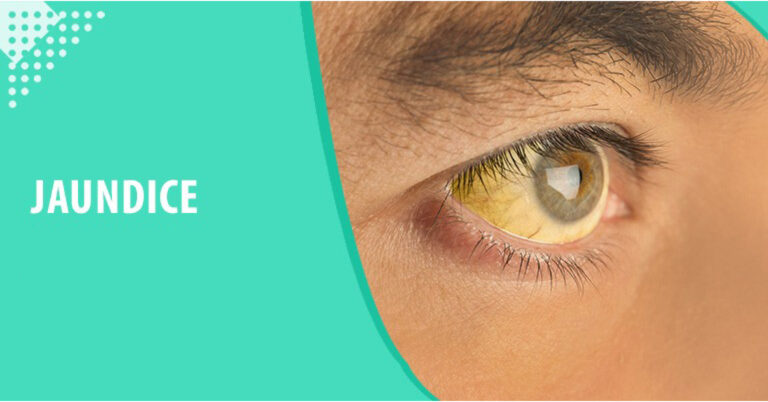Introduction
If you have yellow discoloration of the skin, sclera (white part of the eyes and mucous membranes), then it’s time to see a doctor because you may be suffering from Jaundice. Jaundice is a condition, which develops due to high levels of yellow-orange bile pigment known as bilirubin. It is a condition that is seen in both infants and adults.
In infants, this condition is benign and improves without any serious aftereffects. On the other hand, if adults develop Jaundice, they need to undergo a comprehensive medical evaluation to determine its cause. It is typically a sign indicating an underlying disease involving liver dysfunction, abnormal heme metabolism, etc.
In Ayurveda, Jaundice can be correlated with Kamala due to their resemblance in signs and symptoms. Kamala is described in Ayurveda under Raktpradoshaj and Pittaj Nanaatmaj Vyadhis. In modern science, there is a limitation in the treatment of Jaundice but in the Ayurvedic system of medicine, there is a clear treatment of Jaundice.
Facts about Jaundice
- Jaundice is common in infants; premature babies are mostly affected by this condition. 80% of premature and 60% of full-term newborns develop jaundice in the first few days of their lives.
- In babies, frequent feeding can help to prevent Jaundice.
- Most common treatment for Jaundice in babies is light therapy (Phototherapy).
- If you eat lots of vegetables like carrots, sweet potatoes, etc., that contain beta carotene, you may develop orange cast on skin known as carotenemia, a condition that mimics jaundice which is not a condition to worry about.
- Excessive intake of alcohol can also lead to Jaundice.
- High bilirubin level in pathological tests is indicative of jaundice.
Types of jaundice
Modern point of view
There are mainly three types of Jaundice which depends upon liver’s process of taking in and filtering out bilirubin:
- Pre-hepatic Jaundice – Type of Jaundice in which there is excessive breakdown of RBCs, which interferes with the liver’s ability to conjugate bilirubin and cause unconjugated hyperbilirubinemia which remains in the bloodstream.
- Hepato-cellular Jaundice – Type of Jaundice in which there is a dysfunction of hepatic cells and liver loses its ability to conjugate bilirubin.
- Post-hepatic Jaundice – Type of Jaundice in which there is blockage of biliary drainage.
Ayurvedic point of view
According to Charaka, there are 4 types of Jaundice:
- Koshth Ashrit Kamala
- Shakaha Ashrit Kamala
- Kumbh Kamala
- Halimaka
Causes of Jaundice
Modern point of view
- Excessive intake of alcohol
- Intake of medications like anabolic steroids, oral contraceptives, overuse of acetaminophen.
- Exposure to poison
- Excessive intake of spicy food
- Obstruction of bile ducts from gallstones
- Genetic diseases like sickle cell anemia, thalassemia, etc.
- Hepatitis
- Malaria
- Pregnancy
Ayurvedic point of view
- Excessive intake of Amal, Lavan, Katu, Ushan, Tikshana Aahara (Intake of spicy, hot and junk foods)
- Ati-Vyayam (Excessive exercise)
- Ati-Maithun (Excessive indulgence in sexual activity)
- Vega Dharana (Stopping natural urges)
- Pandu Roga (Anaemia)
- Ati-Krodh (Excessive anger)
- Shoka (Sorrow)
- Gar Visha (Slow poison)
Jaundice Symptoms
Modern point of view
- Fever with chills
- Yellow color skin
- Yellow color of sclera (white part of the eyes)
- Sudden drowsiness
- Sudden confusion
- Dark color urine
- Clay color stool/Tarry black stool
- Flu like symptoms
- Easy bruising or bleeding
- Abdominal pain
Common symptoms in infants:
- Orange or yellow skin color
- Excessive fussiness
- Poor feeding habits
- Difficulty in waking up
Ayurvedic point of view
- Haridra Netra (Yellow eyes or turmeric color eyes)
- Haridra Twak (Yellow skin)
- Haridra Mutra (Yellow urine)
- Daurbalay (Weakness)
- Bheka Varna (Body of patient looks like frog in the rain)
- Alapagni (Low digestive fire)
- Avipaak (Indigestion)
- Rakt Peet Shakrit (Bloody red or yellow color stool)
- Hikka (Hiccups)
- Sadan (Fatigue)
- Aruchi (Anorexia)
- Jwara (Fever)
Ayurvedic treatment of Jaundice
- “Kamale tu virechana” – Purgation therapy
- Nidana Parivarjan (Avoid the cause of Jaundice)
- Use of Madhur (sweet) and Tikata (bitter) herbs
- Samshaman Chikitsa (Preventive therapy)
Duration of treatment
Treatment of Kamala or Jaundice should be continued till the Pureesh (stool) of the patient acquires the normal color and Pitta and Vata levels are balanced in the body. When the Pitta balances and the patient is relieved of Upadrava (complications), the line of the treatment should be stopped or altered.
Herbs for Jaundice
- Kutaki (Picrorhiza kurroa)
- Kiratatikta (Swertia chirata)
- Vasa (Adhatoda vasica)
- Kalmegh (Andrographis paniculata)
- Punarnava (Boerhavia diffusa)
- Daruharidra (Berberis aristata)
- Kumari (Aloe vera)
- Amrita (Tinospora cordifolia)
- Bhumyamalaki (Phyllanthus niruri)
- Triphala (Emblica officinalis, Terminalia bellerica, and Terminalia chebula)
Medicated Ghrita plays important role in the treatment of Jaundice (Kamala)
Important Ghrita that are used to treat Jaundice are as follows:
- Panvhgavya Ghrita
- Haridradi Ghrita
- Kalyanak Ghrita
- Danti Ghrita
- Draksha Ghrita
- Dadimadi Ghrita
Pathya and Apathya for Jaundice (What to eat and What not to eat)
- Include honey in your diet
- Take fruits like mango, papaya, orange, and pineapple etc.
- Avoid Diva Swapna (sleeping during the day)
- Include mustard greens in your diet
- Avoid eating mud
- Take soluble fibers in your diet as they help to remove bile out of liver
- Avoid exposure to radiant sun
- Include legumes, whole grains, brown rice and oatmeal in your diet
- Avoid strenuous physical and mental activity
- Avoid excessive sexual intercourse
- Drink clean water always
When to see a doctor
If you feel any of the below symptoms in yourself, then don’t wait and see a doctor.
- Belly pain and tenderness
- Sudden change in mental tiredness, nervousness, or confusion
- Blood in your stool
- Vomiting
- Fever
- Easy bleeding or bruising
Conclusion
In Allopathy, Jaundice is considered a symptom of liver diseases while in Ayurveda, it is considered a disease. Ayurvedic texts help us to better understand the pathology and root cause of Kamala (Jaundice), thus helping to do better treatment of the disease. Virechan Karma (Purgation therapy) and the above recommended herbs and Livo Savior – an excellent formulation by Yukti Herbs for complete Liver Health are best to cure Jaundice as it helps to reduce total bilirubin level and remove stercobilinogen from the body.
You may order the recommended herbs or Livo Savior from www.yuktiherbs.com or You may also call or WhatsApp on +91 828-386-5637 or +91 752-786-9388 or email at yuktiherbs@gmail.com











